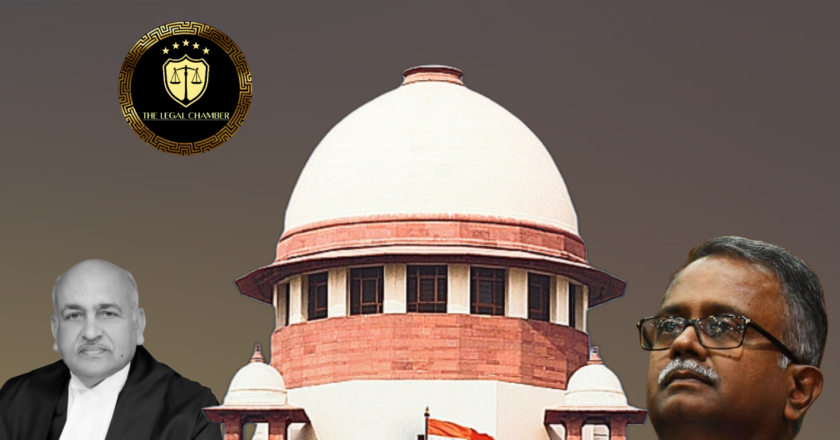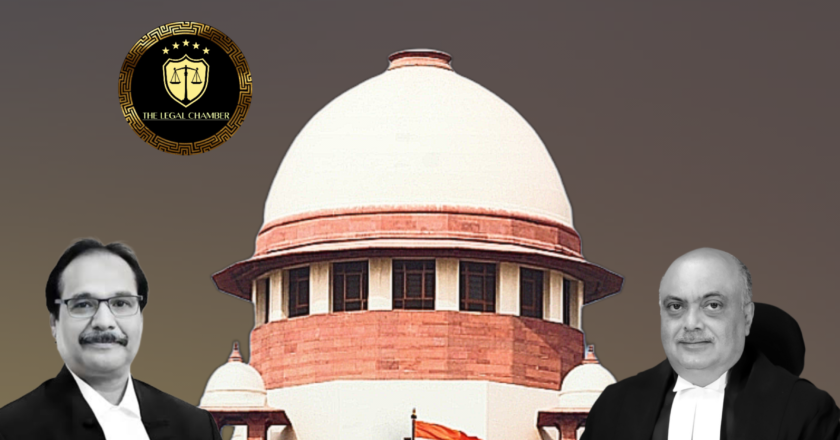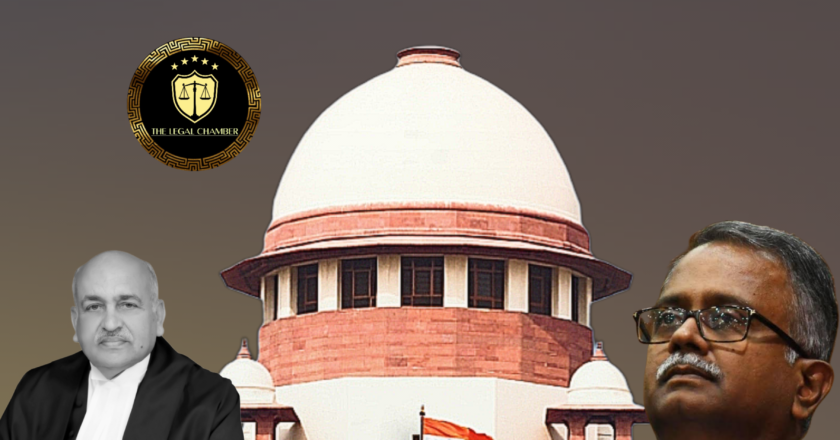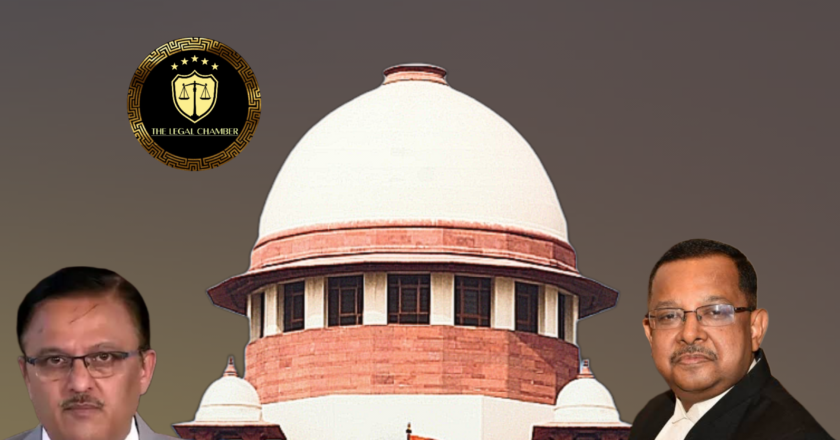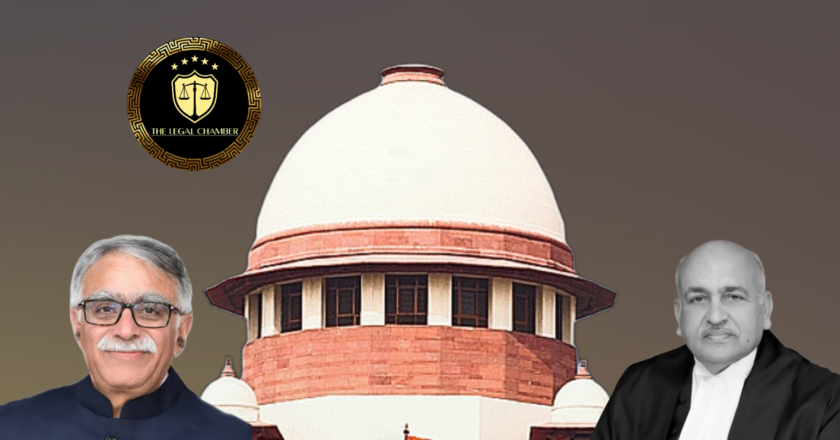Can’t Go Straight to the Magistrate? Supreme Court Explains the Right Way to File an FIR When Police Refuse
The Supreme Court upheld that a Magistrate's order under Section 156(3) CrPC directing FIR registration, even if passed without the informant first approaching the Superintendent of Police, is a mere procedural irregularity and not illegal. The Court affirmed that such an order must be a reasoned one reflecting application of mind, and refused to quash the FIR at the chargesheet stage, leaving the matter for trial.
Facts Of The Case:
Based on a Memorandum of Understanding (MoU) from 1995, a financial dispute arose between M/s Sunair Hotels Ltd. (SHL) and VLS Finance Ltd. (VLS). SHL alleged that VLS officials had fraudulently induced them into the agreement by promising a public issue that was impossible under SEBI guidelines. After VLS filed several criminal complaints against SHL for fi...
